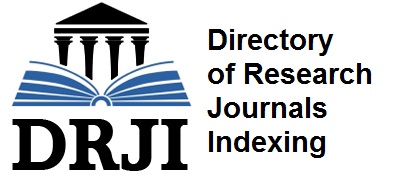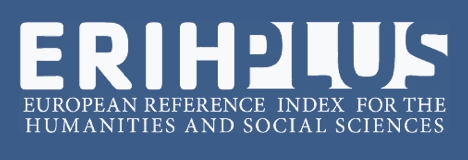The Carreira da Índia and the struggle for supremacy in the European spice trade, ca. 1550-1615
Abstract
The study of the economic rivalry between the Cape and Mediterranean Routes in the Early Modern Era remains entrenched around two great theories, one defending the resurgence of Venice’s distributing role to the European market in the middle of the sixteenth century; and the other defending the Portuguese position as the main supplier of spices to Western Europe since 1500. By revisiting these two theories, we want to pay more attention to the quantitative side of the problem, despite the lack of complete series regarding European spice imports, forgetting aspects related with trade organisation and public finances which, as we contend, shed new light on an old question. Though centred in Portugal and in the Cape Route, we aim to provide a global vision of the problem, namely by looking to Mediterranean and Asian players, and by using old works, revising known data and employing new sources.
O estudo da rivalidade económica entre a Rota do Cabo e o Mediterrâneo no início da Idade Moderna permanece arraigado em torno de duas grandes teorias, uma defendendo o res-surgimento do papel de Veneza na distri-buição de especiarias no mercado europeu em meados do século XVI; e o outro defendendo a posição de Portugal como principal fornecedor de especiarias para a Europa Ocidental desde 1500. Ao revisitar estas duas teorias, queremos dar mais atenção ao lado quantitativo do problema, apesar da falta de séries completas no que diz respeito às importações de espe-ciarias europeias, bem como aos aspectos rela-cionados com a organização do comércio e as fi-nanças públicas que, como julgamos, lançam uma nova luz sobre uma velha questão. Embora centrados em Portugal e na Rota do Cabo, pretendemos dar uma visão global do problema, nomeadamente olhando para os actores mediterrânicos e asiáticos, mediante o uso de trabalhos antigos, revendo dados conhe-cidos e recorrendo a novas fontes.

This work is licensed under a Creative Commons Attribution-NonCommercial 4.0 International License.
Authors who publish with this Journal agree to the following terms:
Authors retain copyright and grant the Journal right of first publication with the work simultaneously licensed under a Creative Commons Attribution-NonCommercial 4.0 International License.
This Journal permits and encourages authors to post items submitted to the Journal on personal websites or institutional repositories both prior to and after publication, while providing bibliographic details that credit, if applicable, its publication in this Journal.

















